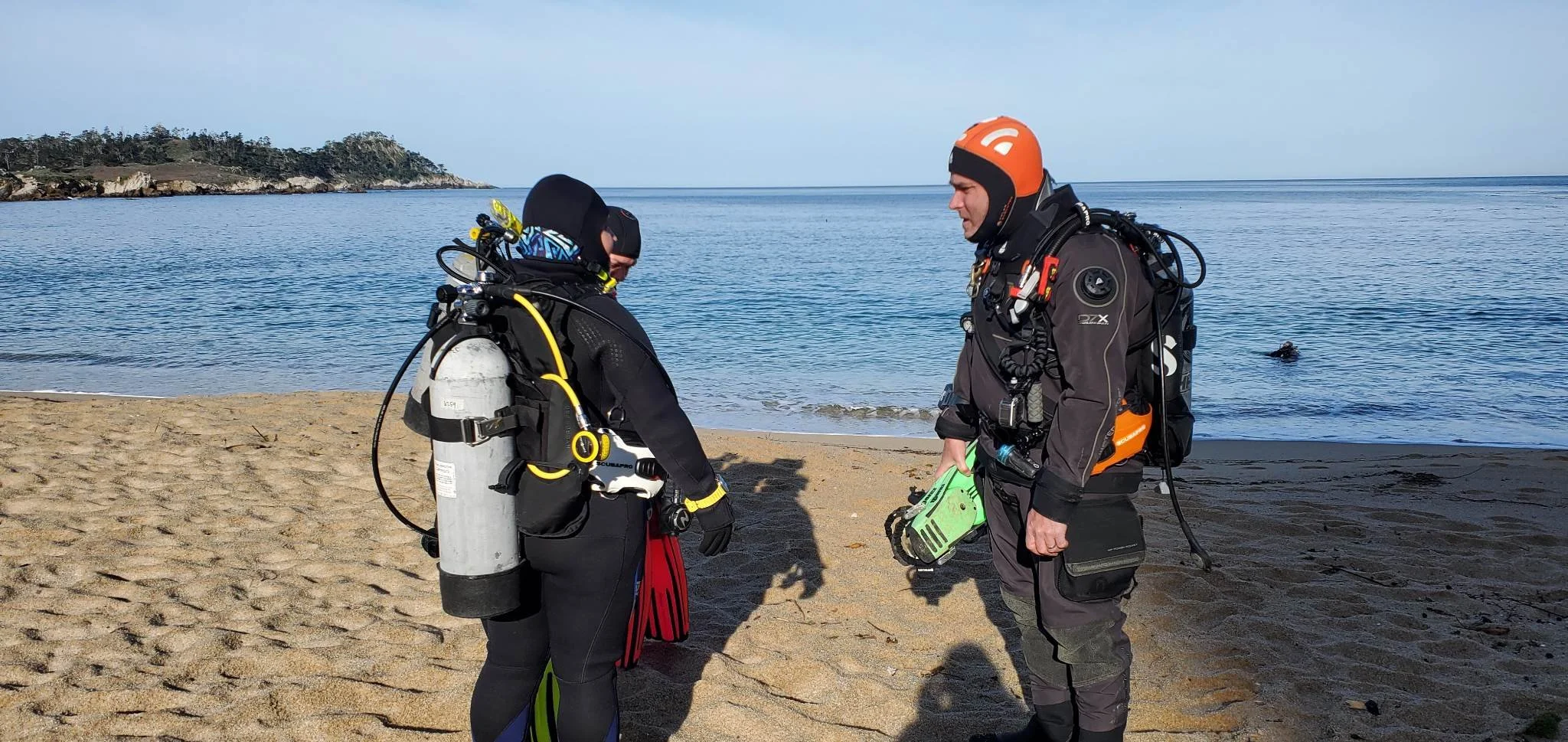OODA loop: Implicit Guidance and Control (IGC)
As an experienced scuba diver, you understand that decision-making is an essential component of safe and successful diving. As we’ve learned in a previous blog post, the OODA (Observation, Orientation, Decision, Action) loop model is a framework used to analyze and improve decision-making processes. The Implicit guidance and control (IGC) part of the OODA loop is particularly important for experienced divers.
The IGC process is based on the idea that our brains can process vast amounts of information without our conscious awareness. As an experienced diver, you have likely encountered a wide range of underwater environments and situations. Your IGC process draws upon this past experience and subconscious processing to guide your decision-making process in real-time.
As an experienced diver, you have likely encountered a variety of underwater environments and situations, which you have learned from and stored in your memory. During a dive, your IGC process can kick in, allowing you to make quick and effective decisions based on your intuition and past experiences.
For example, when you encounter a strong current during a dive, your IGC process can help you adjust your dive plan and make informed decisions. Based on your past experiences, you may know that strong currents can be dangerous and can quickly tire out even the most experienced divers. Your IGC process can help you quickly assess the situation and make a decision about whether to continue with the dive or to abort and return to the surface.
Another example of how the IGC process can play a role in scuba diving is when navigating through underwater terrain. Experienced divers may have knowledge of different types of terrain and how to navigate through them. For instance, a diver may know that underwater rock formations can create strong currents, or that sandy bottoms may lead to reduced visibility due to silt being kicked up. With this knowledge, an experienced diver's IGC process can help them anticipate and adjust their dive plan accordingly.
Ultimately, the IGC component of the OODA loop model is essential for experienced scuba divers. By relying on their intuition and past experiences, they can make quick and informed decisions while diving, leading to safer and more successful dives. As an experienced diver, it is important to continue to build on this knowledge and to hone your IGC process to ensure that you are making the best decisions while underwater.
Additional Tips for enhancing your IGC process:
Here are some tips for improving and strengthening your IGC process:
Gain Experience: The more experience you have, the more information your mind has to draw upon. By diving in different environments, you can gain a greater understanding of the underwater world and build your repertoire of past experiences.
Pay Attention: The IGC process is based on subconscious processing, but paying attention to your surroundings can help you consciously identify potential hazards or changes in the environment. Stay focused and aware of your surroundings, and be ready to adjust your plan as needed.
Reflect: After a dive, take some time to reflect on the experience. What worked well? What could have been done differently? Reflecting on your dives can help you build your knowledge base and improve your decision-making process.
Practice Visualization: Visualization is a powerful tool for strengthening the IGC process. Before a dive, take some time to visualize potential scenarios and how you would respond to them. This can help your mind prepare for different situations and improve your reaction time.
Seek Feedback: Finally, seek feedback from other divers or instructors. They may be able to offer insights or perspectives that can help you build your knowledge base and improve your decision-making process.
Pre-dive briefing to discuss and visualize the marine environment
By incorporating these tips into your dive preparation and training, you can improve and strengthen your IGC process, leading to safer and more successful dives. Remember, the IGC process is a subconscious one, but with practice and experience, you can hone your intuition and make quick and informed decisions while underwater.


